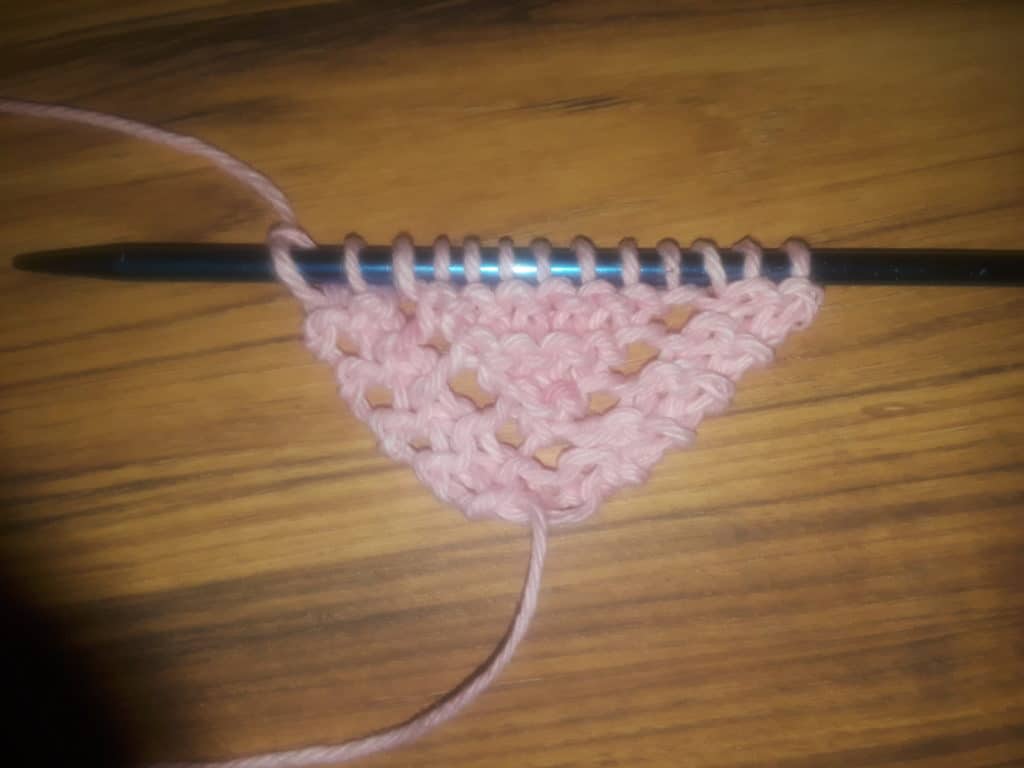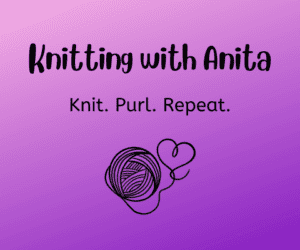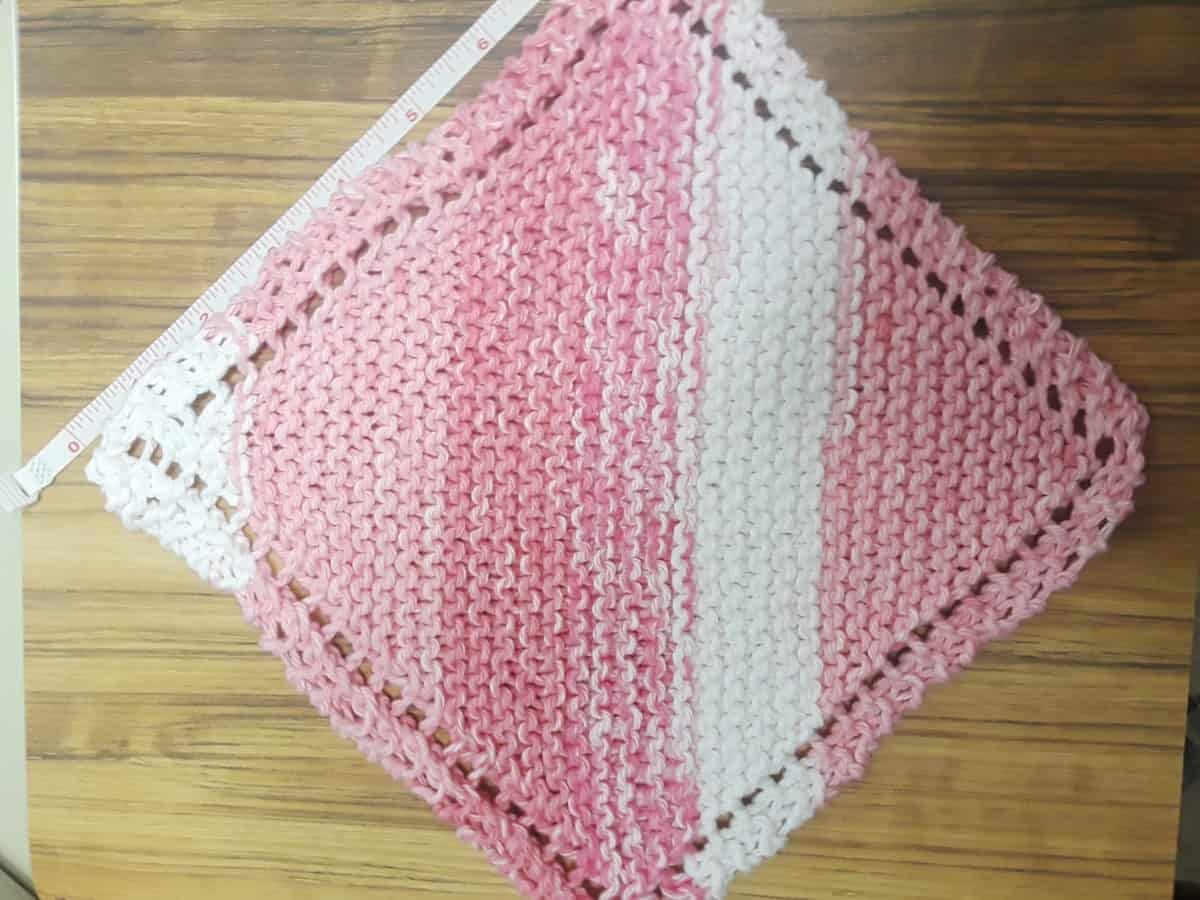I’ve known a lot of people who have married or have kids who are getting married. I love giving wedding shower gifts of knitted dishcloths. I usually give a pair, wrapped in wedding ribbon, with a tag that gives the bride instructions on laundering the gift. These dishcloths will also make terrific Christmas or birthday gifts for the loved one in your life. No one ever has too many of these! My mama loved my knitted dishcloths. When she passed away in September, I found 18 of these in her dishcloth drawer in her kitchen. Some were more than 10 years old! So, today I’m sharing how to knit a dishcloth with you and some pictures of the dishcloth in progress.
I have no idea who created this pattern. A friend of my mom’s gave it to me when I first learned to knit, and I’ve used it for almost 40 years. I’ll write the instructions and then share pictures of the work in progress. Hope you enjoy!
First, I’m starting with a 2-oz. ball of Peaches and Crème yarn. This yarn is a 100% cotton yarn, made in Canada from American cotton. I’m using a ball I had in my stash called Strawberry Stripes, an ombre yarn in shades of pink and white. Any worsted-weight cotton yarn will do, so don’t worry about brand or color. I’m knitting with 10-inch size 8 needles, the only straight needles I knit with. (I use circular needles for everything else.) Ten-inch needles handle easier than 14-inch, and they’re easier to store as well. Gauge isn’t important in this project. The dishcloth will be approximately 8 inches at the widest point.
To start, cast on four stitches. Knit the first row.
On row 2 and subsequent rows, knit 2 stitches, yarn over, then knit across. (The yarn over increases the number of stitches by 1 stitch each row.) You can see that the yarn-overs make an open space on either end of the dishcloth. You can also see that this dishcloth is going to be a diamond-shaped work.

When you have 43 stitches on your needle, you will begin to decrease. Knit 1 stitch, knit 2 stitches together, yarn over, knit 2 stitches together again and then knit across. This (k1, k2tog, yo, k2tog) at the beginning of each row keeps the open spaces in the correct area on the edging while decreasing each row by 1 stitch.

43 stitches and the piece is at its widest
As you decrease, your piece will diminish in size.

The piece decreases in width as you continue
Continue this until 4 stitches remain on the needle. Knit 4 stitches. Bind off loosely. Using a darning needle or crochet hook, weave in loose ends. You see that you’ve created a diamond-shaped dishcloth with open spaces all along the outside edges.
Congratulations! You’ve knitted a dish cloth!
P.S. If you are a tight knitter, you might want to use size 9 knitting needles. I knit loosely, and I’ve learned that I can knit to gauge if I use a size smaller knitting needles than the pattern calls for. So far it’s worked out okay!
P.P.S. Don’t worry about mistakes unless they’re bad ones; i.e., leaving huge holes in your knitting where they shouldn’t be. The Amish leave deliberate mistakes in their crafts. Their philosophy is that no one is perfect except the Almighty. My opinion is, if the mistake is a tiny/small one, it gives the piece character and a unique quality.
Happy Knitting!
Anita

